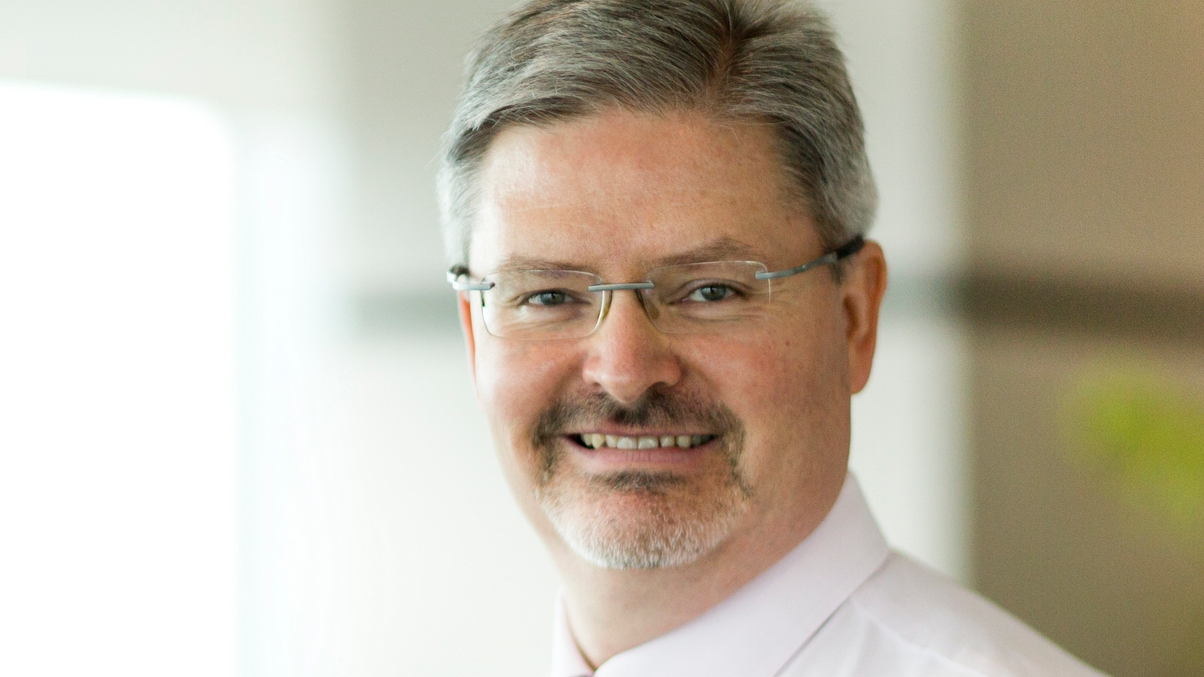Funds industry needs to streamline: Stefansson
The Asia-Pacific head of distribution at UBS tells AsianInvestor that the funds industry needs to specialise and streamline. The 30-year veteran says he wants to work with managers that have 'something different'.

As head of distribution for Asia Pacific at UBS Wealth Management, Paul Stefansson oversees the bank’s distribution of investment funds, hedge funds and private equity funds in the region.
Sign in to read on!
Registered users get 2 free articles in 30 days.
Subscribers have full unlimited access to AsianInvestor
Not signed up? New users get 2 free articles per month, plus a 7-day unlimited free trial.
¬ Haymarket Media Limited. All rights reserved.


